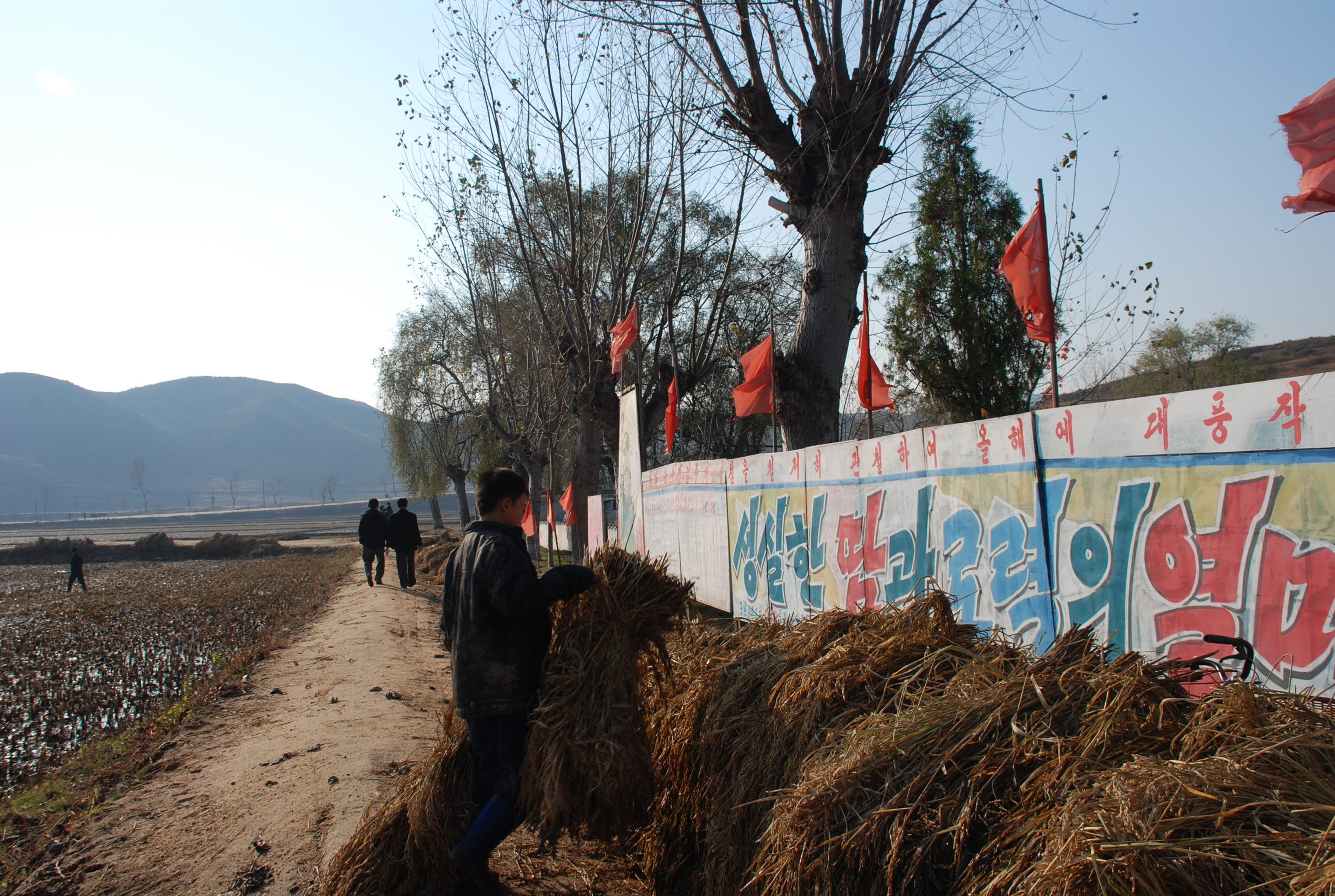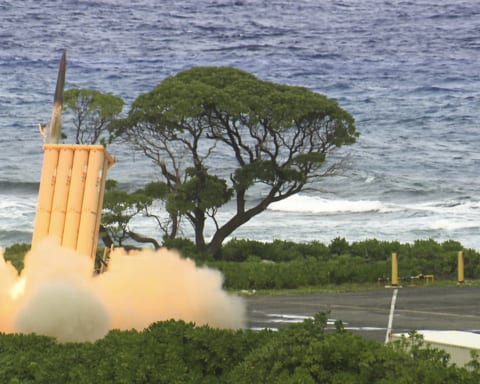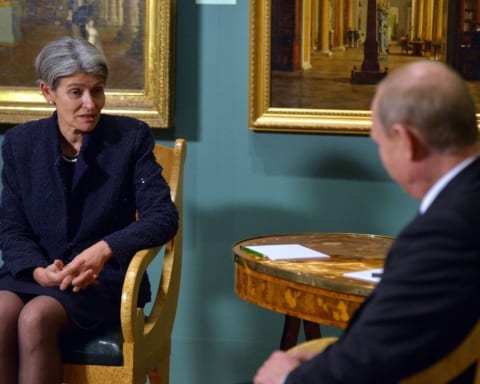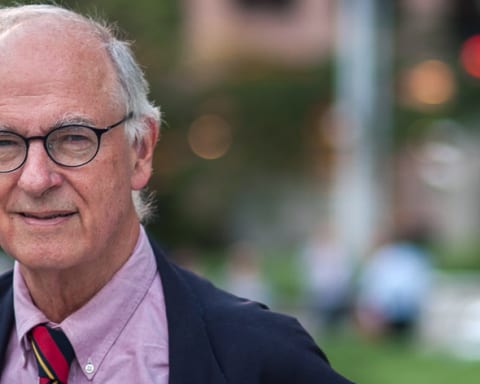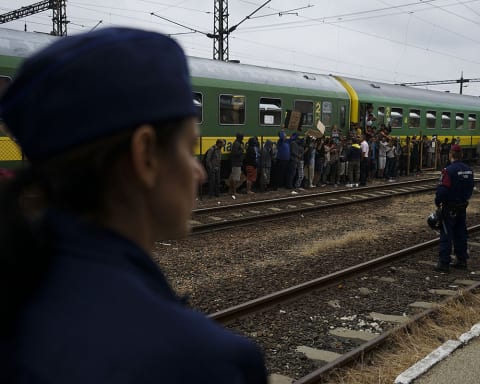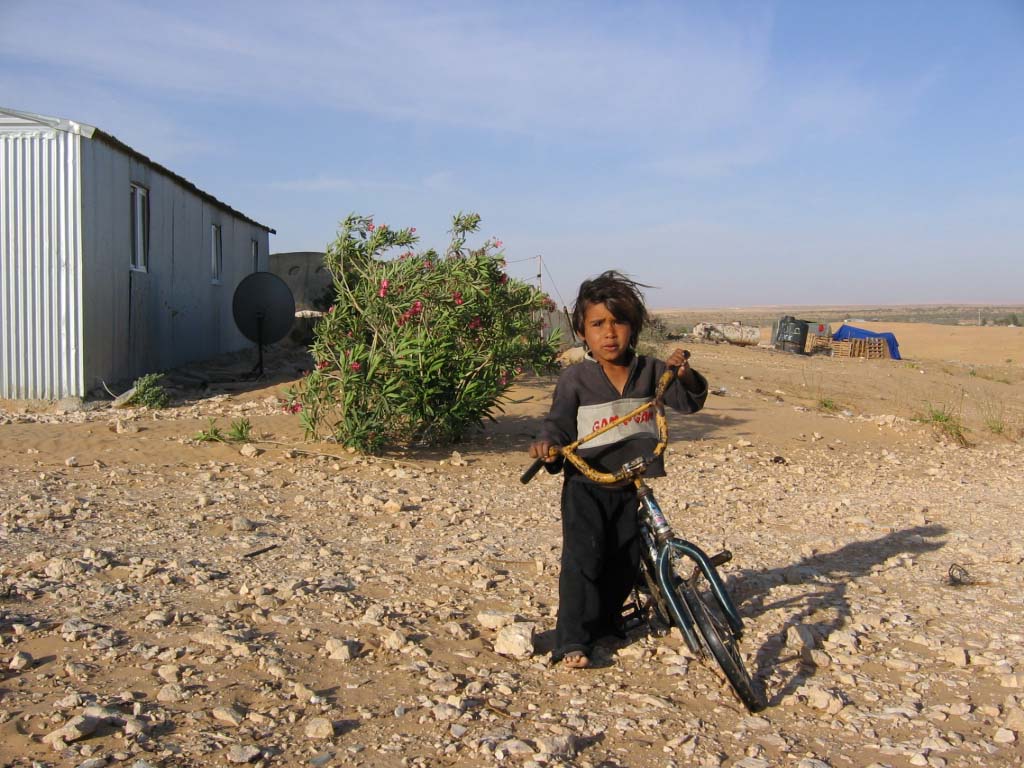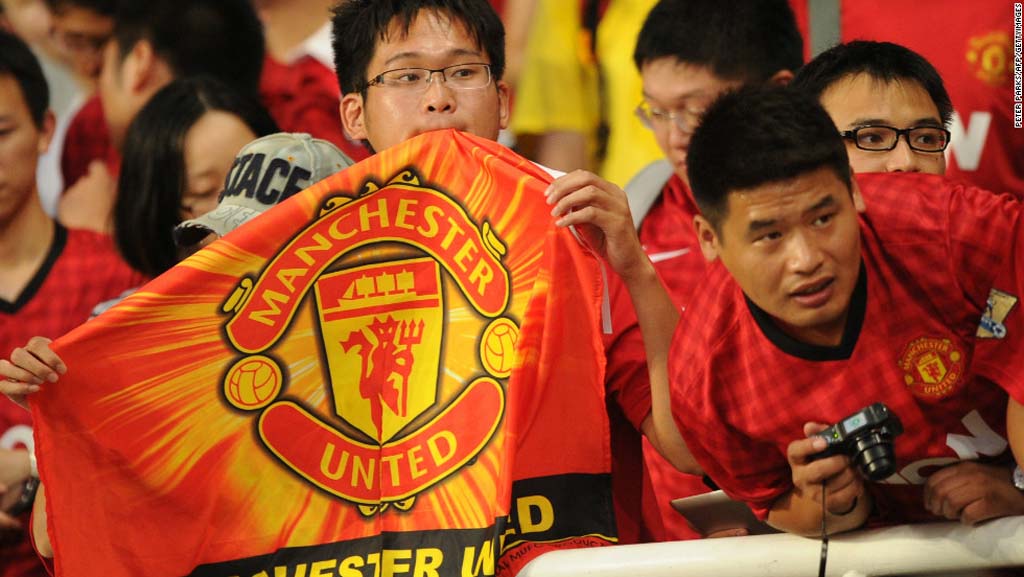The 2014 report of the United Nations Commission of Inquiry on human rights in the Democratic People’s Republic of Korea (DPRK) laid bare an appalling scale of suffering across North Korean society. Violations of the freedoms of thought and life, discrimination on the basis of gender and disability, and arbitrary detention, torture, and executions defined the lives of a population. A report of the European Alliance for Human Rights in North Korea (EAHRNK) that we published in September 2015, ‘The Will of the State: North Korean Forced Labour’, places forced labour alongside these crimes against humanity.
Defined by the International Labour Organisation as “all work or service which is extracted from any person under the menace of any penalty and for which the said person has not offered himself voluntarily”, EAHRNK identifies North Korean refugees who had been victims of forced labour and conducted interviews and discussions over a period of one year. Choosing to focus on four different social groups — students, the adult workforce, the prison population, and labourers exported abroad — we conclude that the majority of the North Korean population, which stands at nearly twenty-five million people, have or will become victims of forced labour at some point during their lives.
With regard to students, our interviews and discussions found that the effects of forced labour include physical injuries, malnutrition, exhaustion, growth deficiencies, and lasting psychological issues. In particular, the nature and duration of the work assigned to children, from agricultural work to logging, impedes child development and education, inflicts harm upon physical, emotional, and mental wellbeing, and breaks numerous domestic and international laws. Also, the use of corporal punishment for children who fail to commit to tasks, those who fail to attend labour sites, and those who do not complete assigned quotas is commonplace.
We also found that employment is compulsory and assigned by the government, suggesting that the right to work is not assured and that state-allocated employment, which is contrary to domestic legislation governing the right of the individual to freely choose a vocation, conflicts with international law. State-directed propaganda, surveillance, and indoctrination contribute to working environments where psychological abuses are normalised. Self-criticism sessions, in which every adult must participate, encourage a climate of fear and allow authorities to pursue policies of forced labour where workers have no evident recourse to justice.
With regard to labourers in the prison network, the use of forced labour within prison camps in North Korea carries an explicit political purpose — to remove, incarcerate, and in some cases exterminate those individuals deemed to pose a threat to the established political order. That the outside world is largely unaware of this practice strongly suggests that the DPRK state conceals forced labour and suppresses internal discussion on the matter. Countless inhumane acts, which range from sexual violence to psychological abuse, serve to regulate prison behaviour and extract labour from inmates.
Lastly, with regard to labourers deployed abroad, we found that the exportation of human labour violates existing UN sanctions. UN Security Council Resolution (UNSC) 2094 calls upon states to prevent the transfer of financial assets, including bulk cash, and the provision of public financial support for trade (such as the granting of export credits, guarantees, or insurance) that could contribute to the DPRK’s nuclear or ballistic missile programmes. Despite anecdotal speculation to the contrary, North Korean labourers do not experience or interact with the outside world or earn transformative wages that would enable them to grow into a middle-class upon their return to the DPRK. Although North Korean labourers may be able to earn more money abroad than they would in state-assigned jobs at home, this comes at a price on their human rights. Deductions of wages in the form of Korean Workers’ Party membership fees, loyalty payments to the Kim family, taxes, insurance costs, and fees for accommodation, food, passports and other expenses leave many labourers with little to show for up to three years of work.
To augment the efforts of those in the international community who seek to end human rights abuses in North Korea, our report has offered stakeholders with an overview of applicable domestic and international legislation measured against the direct experiences of North Korean victims. As labour rights-related standards increasingly form a normative order in the international community and become embedded in domestic legislation and practice by states, trade unions, and transnational companies, the legitimacy and universality of these mechanisms should not be put at risk by the practices of the DPRK. Addressing the forced labour of North Koreans is an achievable objective for states and civil society and can bring immediate improvements to the lives of its victims.
This report was first published on 30 September, 2015 on the EAHRNK’s website. The full report can be found here: https://eahrnk.org/articles/policy-and-research/the-will-of-the-state
European Alliance for Human Rights in North Korea
The European Alliance for Human Rights in North Korea seeks to improve human rights in North Korea through support of North Koreans, through improving media reporting, through improving diplomatic relations, and through policy and research work rooted in firsthand experience of life in the DPRK. EAHRNK’s objective is to inform policies that lead to the improvement of human rights in North Korea. It achieves this through providing practical policy advice, conducting informed research, and raising awareness across Europe on the key issues affecting North Koreans. EAHRNK works alongside exiled North Koreans, governments, policymakers, politicians, nongovernmental organisations, and civil society in Europe to achieve these objectives.
